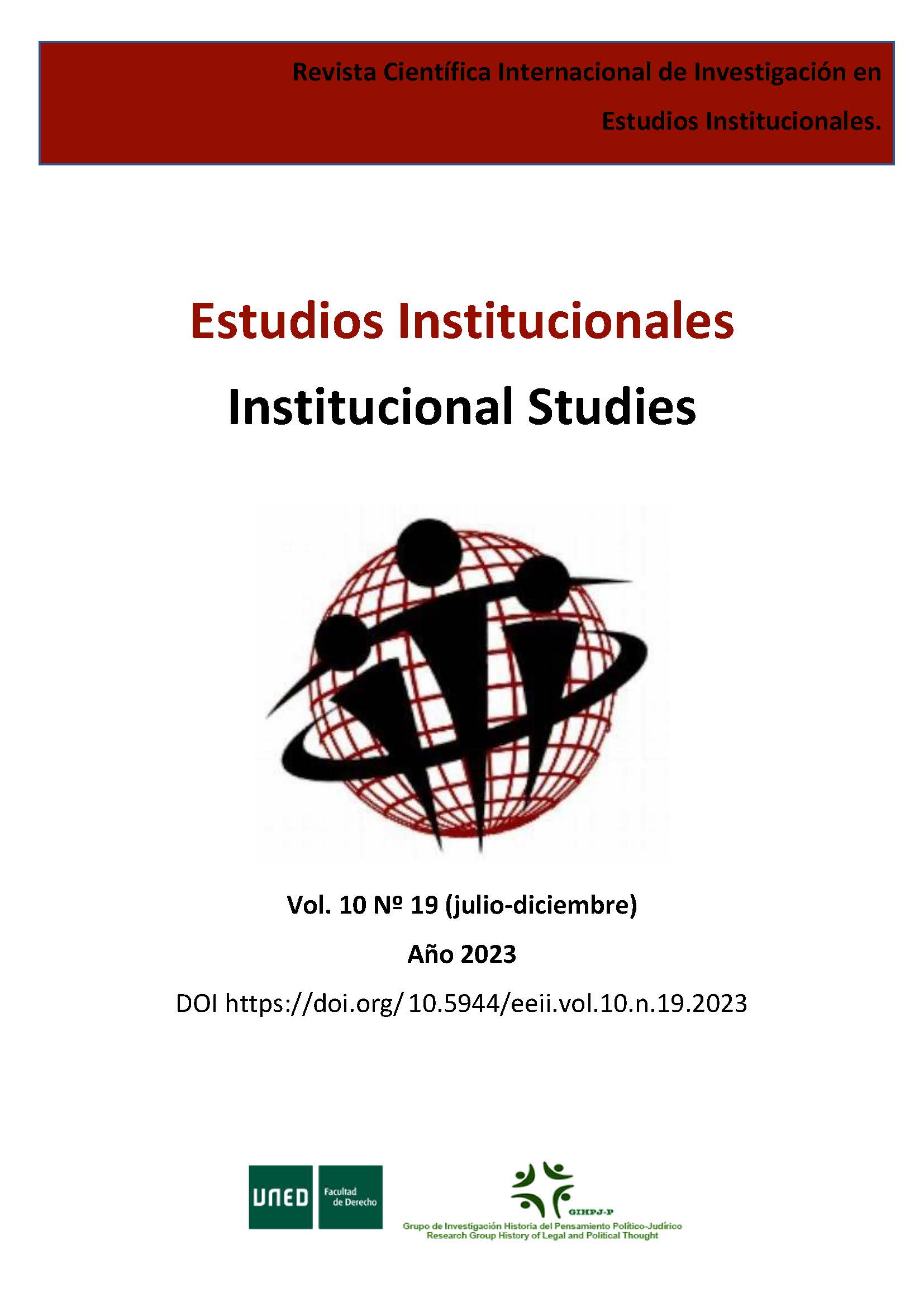Organization, ceremonial and protocol of religious-institutional ceremonies in Seville
The Procession of Sword of Ferdinand III of Castile
DOI:
https://doi.org/10.5944/eeii.vol.10.n.19.2023.38317Keywords:
ceremonial, protocol, organization of events, authorities, precedence, Saint FerdinandAbstract
The celebrations of acts have allowed, since time immemorial, that peoples and civilizations have become involved to the point of identifying with this type of activities, which have a high historical value. Thus, these forms of social and cultural use have given way to behavior patterns that have made it necessary to implement a series of formalities that set the guidelines for their correct development.
The present investigation was born with the intention of studying the precedences as a spatio-temporal order of the authorities that participate in an act and the relationship that they maintain between them, specifically in the civil-ecclesiastical sphere of the city of Seville and more precisely, study the case of the Procession of the Sword of San Fernando, held on November 23, 2022; Feast of San Clemente.
Based on the importance of tradition, custom and what is not written in this type of acts, a compendium of important theoretical aspects about them will be made, such as the ownership of the act, management techniques and etiquette rules, among other ceremonial fundamentals. and protocol. All of this framed in a context where the civil and ecclesiastical spheres maintain links that have been shaped over time and that have shaped the cultural heritage of the Sevillian people.
Downloads
Downloads
Published
How to Cite
Issue
Section
License
Copyright (c) 2023 Antonio Salado Herrera

This work is licensed under a Creative Commons Attribution-NonCommercial-NoDerivatives 4.0 International License.
The authors who publish in this journal agree to the following terms:
- The Revista de Estudios Institucionales is distributed under a Creative Creative Commons Reconocimiento NoComercial NoDerivadas (by-nc-nd).
- Authors retain copyright and grant the journal the right to be the first publication of the work as well as licensed under a Share of work license, under conditions of authorship acknowledgment, for non-commercial purposes and without derivative works such as are specified in the license.
- Authors may separately enter into additional agreements for non-exclusive distribution of the version of the work published in the journal (for example, placing it in an institutional repository or publishing it in a book), with an acknowledgment of their initial publication in this journal.
- Authors are allowed and encouraged to disseminate their papers electronically (for example, in institutional repositories or on their own website) before and during the submission process, as it can lead to productive exchanges as well as more citation. earliest and largest of published works (See The Effect of Open Access)








